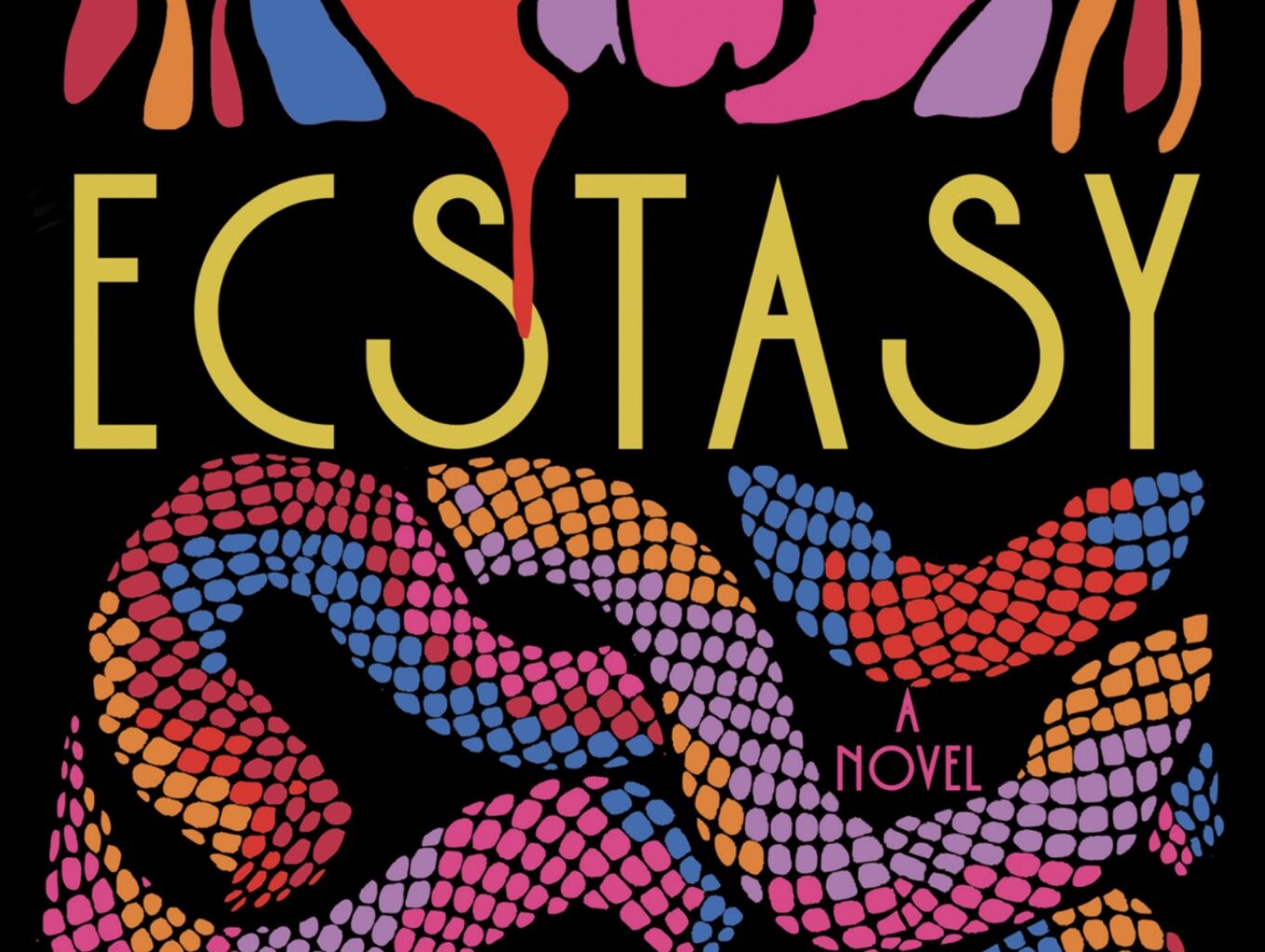Ivy Pochoda
Ecstasy
G.P. Putnam’s Sons, 2025
I met Ivy Pochoda during our first day at Bennington College’s MFA Program. She was wearing a squash-related T-shirt in the dining hall, and I used my limited college experience with the sport to strike up a conversation. Pochoda graciously waited until later in the residency to reveal she’d been an internationally ranked professional player.
Her success in squash, like her success as a Los Angeles Times Book Prize-winning thriller writer, is no surprise to those who know her. Pochoda is never half-in. Whatever she tries her hand at gets her full focus and passion, as well as her formidable work ethic.
With her latest novel, Ecstasy, Pochoda has pivoted from thrillers and is all-in on horror. Ecstasy is a modern reframing of Euripides’s brutal Greek tragedy The Bacchae. We discussed her career shift and the inspiration for Ecstasy over email.
Jackie Corley (Rail): You’ve established yourself as an award-winning thriller writer. Why the pivot to horror now? Have you been interested in writing in the genre for a while, or did the story compel the shift?
Ivy Pochoda: Well, I hate to talk about theme and message when talking about my writing—because those things sink a good story—but I kind of have to here. There’s a throughline running between my previous books—they all (I hope) draw attention to underserved or underrepresented (or undervalued) communities, especially how women’s stories in those spaces are overlooked and discounted.
In the past, I used crime as a fun and engaging way to explore these themes and places and situations, hoping people would be distracted enough by the story to learn and pay attention and maybe affect change. But I felt I wasn’t getting my message across stridently enough. People undervalue and shortchange women and their power, and they remain careless about how women are treated.
So I figured, well, if highlighting these things through crime wasn’t strong enough, how about trying horror to convey my point about the continued systemic oppression of women. It’s bad out there—let me tell you—so here’s some horror to get the point across.
Rail: This is the first time you’ve used your classics knowledge in a book written under your own name, but it’s not the first time you’ve written a book informed by the classics. How did your middle-grade series collaboration with Kobe Bryant, which you penned under Ivy Claire, influence this book?
Pochoda: I’m not sure Ecstasy would have happened without my Kobe books—or it might have, but it would have been way different. When I was collaborating with Kobe, he sent me to Greece on a research trip. One of the stops was the island of Naxos, which claims to be the Greek home of Dionysus. Dionysus is actually a foreign god (Turkish, Persian, Syrian), but that’s another story.

